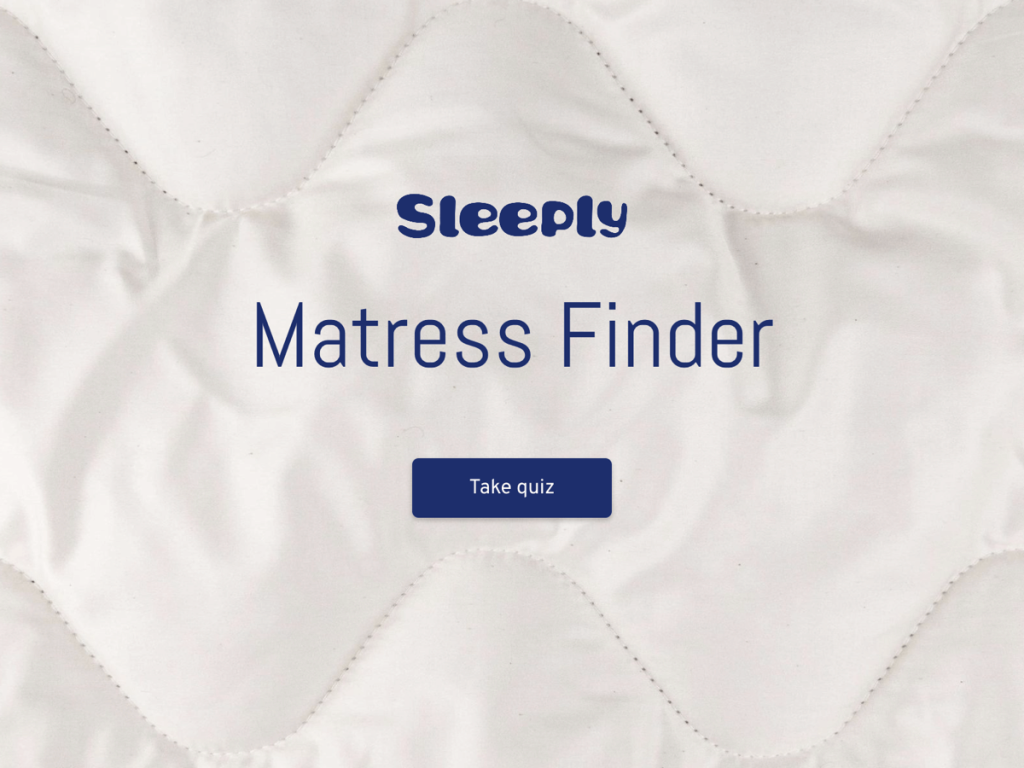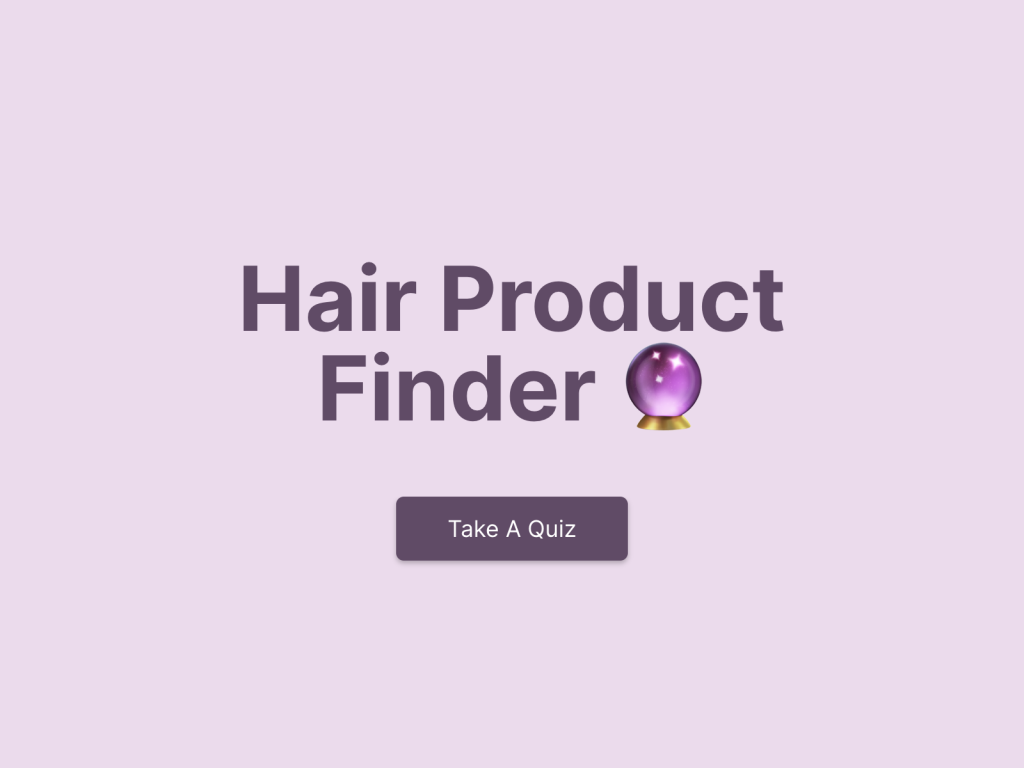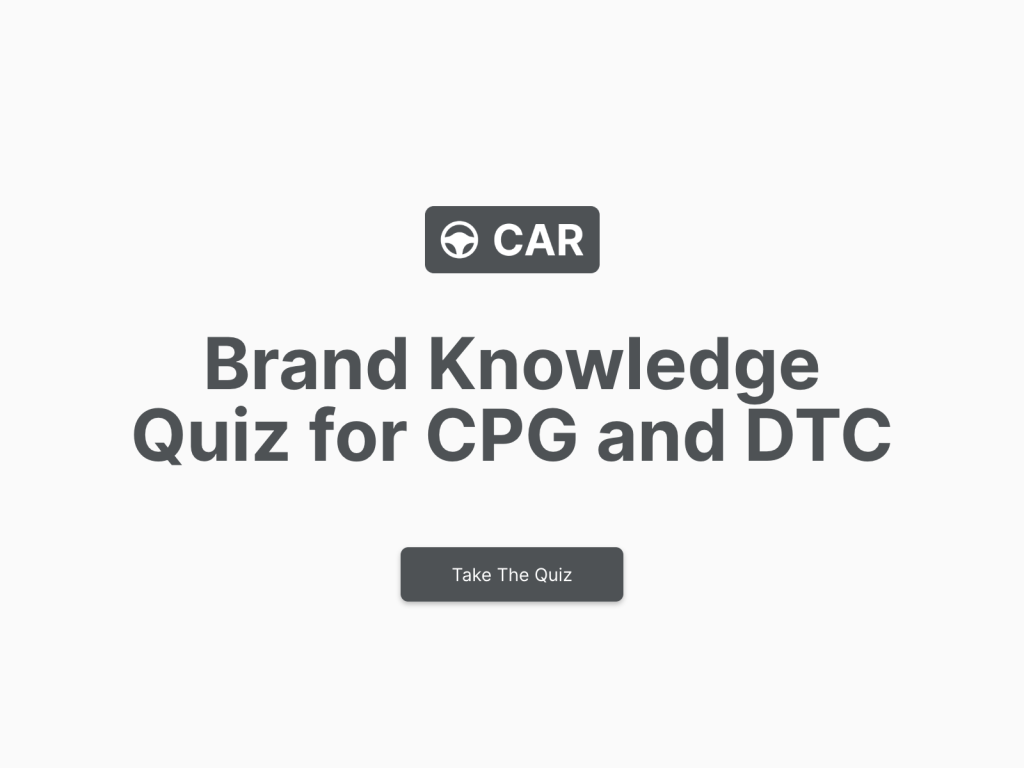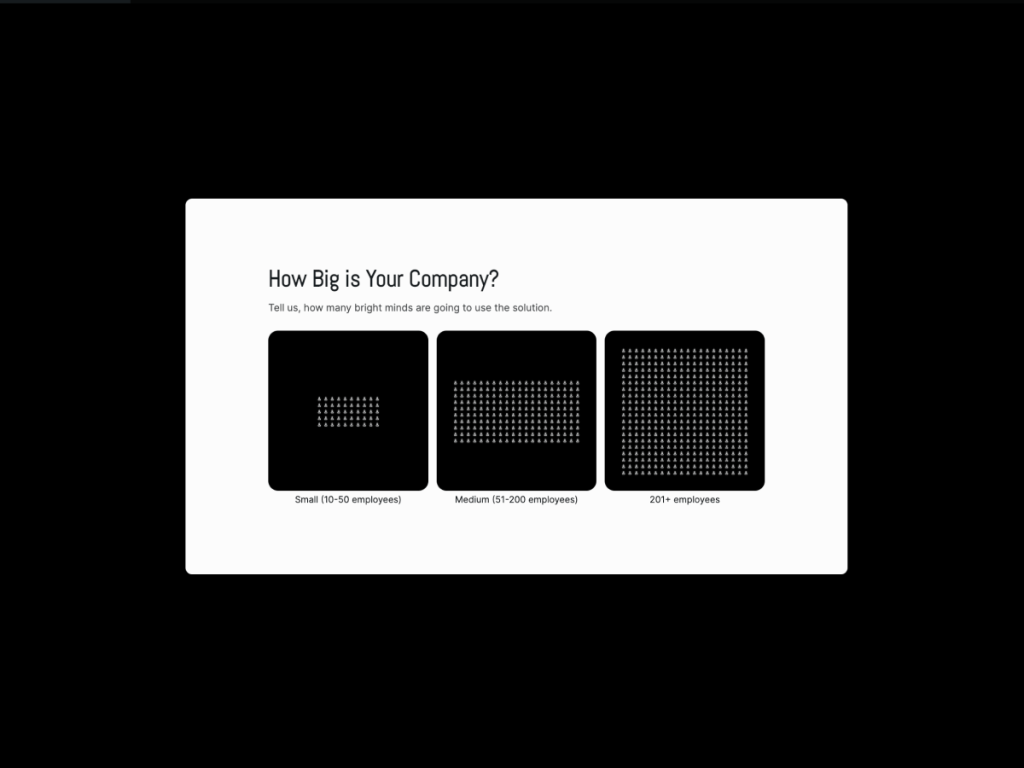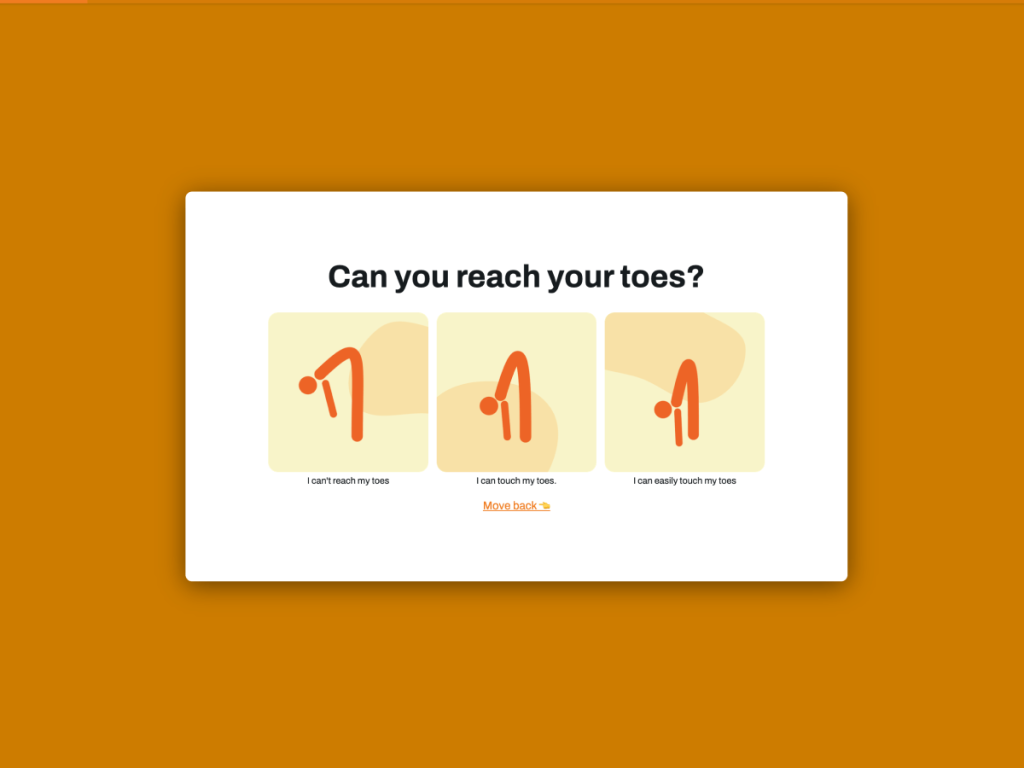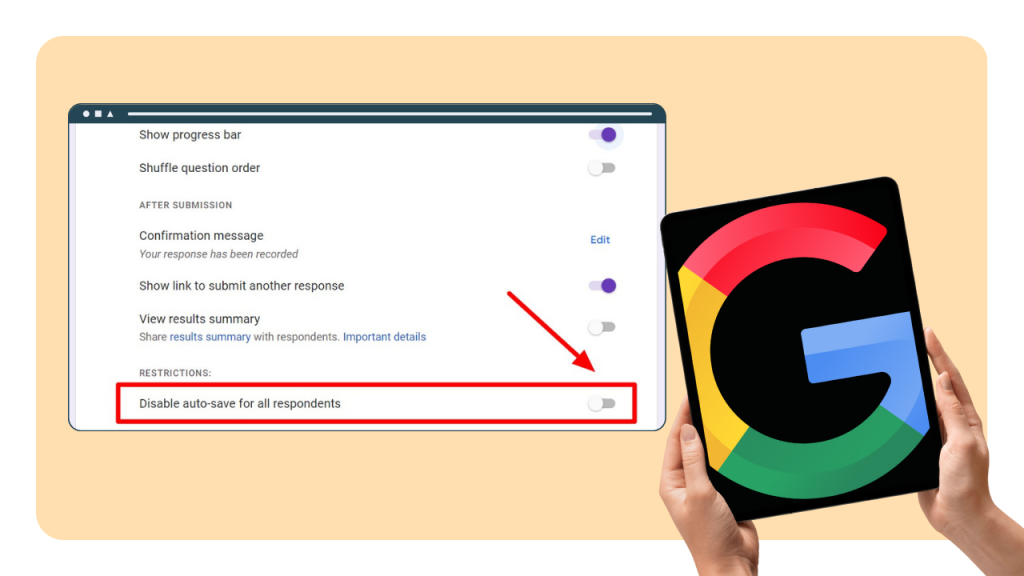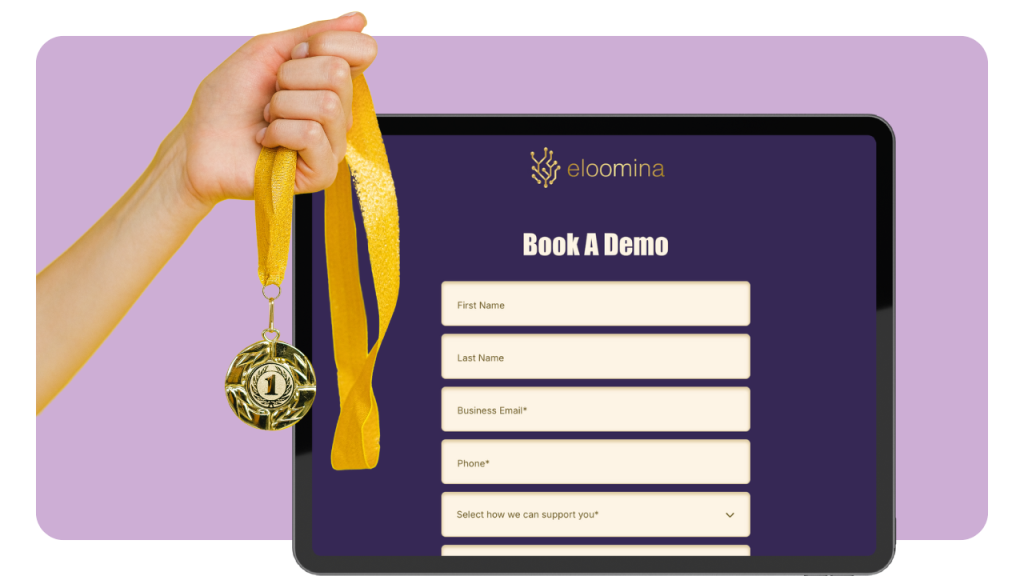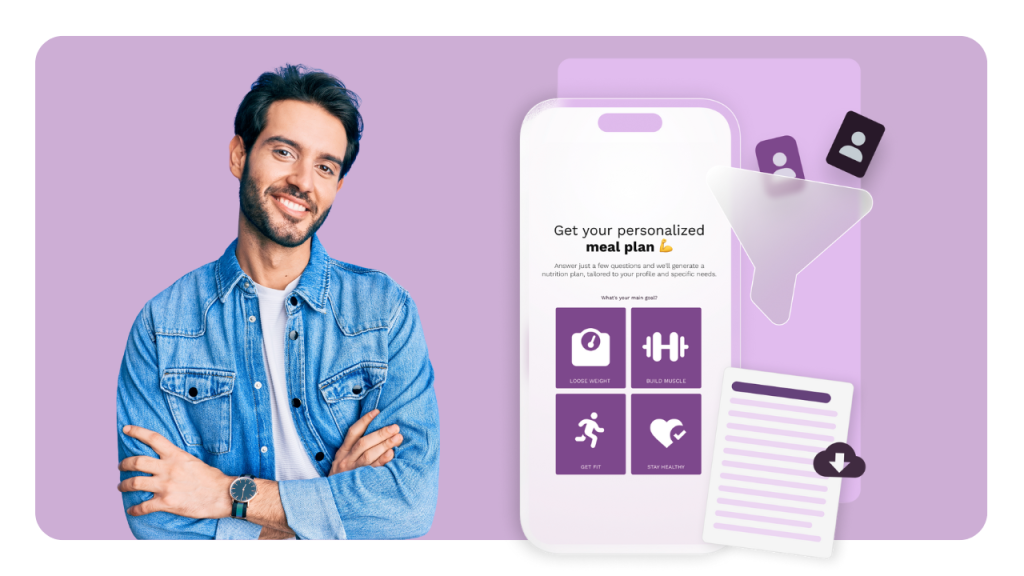You might assume that providing your customers with more options is an effective strategy for retaining them. However, research indicates that choice overload in online stores can lead to a decline in conversion rates.
More choices lead to greater confusion. One way to prevent this confusion is by providing personalized product recommendations.
This is where product finder quizzes or product recommendation systems come into play.
Let's explore how these two approaches work and what makes them different.
What Is A Product Recommendation System?
Product recommendation systems are digital assistants designed to assist users by suggesting products they might be interested in. These systems scan your online store and search for items that align with the customer's requirements.
Product recommendation systems utilize artificial intelligence (AI), machine learning, and pattern recognition to identify the most relevant product for each customer. They learn from customer interactions and use feedback to provide accurate recommendations.

In brief, these systems help customers discover the perfect product (or a selection of products) they require from the extensive e-commerce store catalog.
Pros
☑ They offer great personalization and provide an exceptional user experience
☑ They are backed by AI and can optimize themselves in real-time
☑They can maximize conversion rates by cross-selling
☑They can provide real-time insights for the marketing team
Cons
☑ Making a product recommendation system is impossible without a dedicated IT team
☑ Such systems are pretty costly
☑These systems will not fit companies with fewer than a thousand products
☑ Upgrading the system for future scaling can be quite cumbersome
How Are Product Recommendation Systems Used?
Product recommendation systems are not average bots. They don't engage in conversations and don't ask series of questions (unlike product finders).
Recommendation systems offer a highly personalised experience by using historical data and recognizing patterns and preferences. Moreover, they dive into search histories to come up with recommendations and even make predictions.
What Is A Product Finder Quiz?
Online shoppers can be overwhelmed by the multitude of choices they are given. As an e-commerce store owner, it's your responsibility to assist users in discovering the perfect product they need.
Product finder quizzes and personality quizzes can help you achieve exactly that. Similar to conventional quizzes, product quizzes consist of multiple questions. These questions aim to get users' preferences and gather additional information, such as email address, gender, or age.
User-provided answers generate relevant product results matching shopper preferences.
Through inquiries into users' choices and preferences, product quizzes streamline the selection process from the entire store, saving time and effort that would otherwise be used for product browsing.
Here's one of the examples of a personality quiz - What's your Skin Type? Online shoppers can get product recommendations after answering a few simple questions.
Check out this article to see some prominent examples of e-commerce product finders.
How Are Product Finder Quizzes Used?
Unlike relatively complex product recommendation systems, product quizzes are remarkably simple tools. You can craft a finder yourself in under thirty minutes.
There is no AI involved that engages in a conversation. Website visitors need to answer a couple of questions and based on their answers, a product finder will suggest suitable products.
Pros
☑ Simple and easy to set up. Great for new businesses
☑ Marketers can use collected data in future marketing campaigns
Cons
☑ They cannot add products in real-time to their recommendation list like AI-backed systems
☑ Implementing changes would require a complete rewrite of the entire quiz.
How Do You Make a Recommendation Quiz?
Create a custom quiz for your website using a no-code builder. involve.me has more than 200 templates to get started with product recommendation quizzes:
Create A Product Finder Quiz
Start with a free template
What Mattress Is Best For You? Template
B2B Product Finder Template
Glasses Recommendation Funnel Template
Home Insurance Finder Quiz Template
Customize the Template
No matter what product quiz template you choose, you can change all the elements, graphics, and additional quiz logic. Check the wide range of features such multiple-choice questions, file upload, contact form, progress bar).
Create new pages and drag and drop elements from the card on your right side.
Add Your Answers
Start designing your product finder by crafting a list of products you want your customer personas to get as a result.
To create result pages in the involve.me editor, click on the "plus" symbol:
Add Your Questions
Having identified the products you wish to promote, incorporate questions that logically align with them. Use these content elements to ask your questions: Image Choice, Multiple Choice, Slider, Dropdown.

Image Choice example
To prevent monotony, it's recommended to incorporate diverse question types within your product quiz.
Connect Your Questions and Answers
Go to "Outcome settings" and build your own Excel-like formula, using the AI formula builder.
Find additional guidance on aligning your questions and answers option and identifying the appropriate Project Type you require in this article.
Publish & Analyze
Preview, test your quiz, and click the button: publish.
If you need contact information or have chosen to email-gate the quiz results, access the involve.me settings to compose email copy and integrate your preferred CRM. This enables you to generate and store email lists and contact information.
Within involve.me, you'll also discover a valuable analytics dashboard. It provides insights into demographics, quiz completion rate, quiz engagements, and more.
Product Recommendation System VS Product Finder Quiz: What's the Difference?
Now, let's swiftly compare the features of a product finder and a product quiz:
How They Work
Product Recommendation System: Functioning as AI tools, they serve as virtual customer assistants. These tools engage in meaningful conversations to offer customers pertinent recommendations.
Product Finder Quiz:They consist of a series of questions designed to uncover customer preferences. Recommendations are then generated based on the user's responses.
Customization Potential
Product Recommendation System: The AI-powered system continually learns about new products featured on your website. It employs recommendation logic and can be optimized in real-time.
Product Finder Quiz: They are manually created and challenging to modify, resulting in limited rule-based matching capabilities.
Business Suitability
Product Recommendation System: These solutions are commonly adopted by sizable enterprises. Large-scale e-commerce operations often manage extensive inventories and experience consistently high traffic levels. Product finder quizzes might struggle to accommodate the vast volume of products.
Product Finder Quiz: For businesses in their early stages, opting for a product finder quiz is advisable. They do not rely on advanced technologies like AI or data science, making them an affordable and practical choice for small business owners aiming to offer personalized recommendations without extensive customer service.
Build or Buy?
Crafting a product finder quiz is straightforward and can be done without a developer, especially if you use a no-code builder for the task.
In contrast, outsourcing the creation of a product recommendation system or acquiring a pre-built solution is often the wiser choice. Constructing and upkeeping such a system will likely to demand a significant portion of your workforce. Companies like Amazon and Netflix have dedicated teams to manage specifically these systems.
Final Word
Now you're well-prepared to navigate the ongoing discourse surrounding Product Finders and Product Recommendation Systems.
Selecting the optimal tool for your business can indeed pose a challenge. Yet, it's vital to align your choice with your business's unique demands. In cultivating an enhanced online shopping experience, fostering customer engagement, and providing a personalized shopping journey, the choice is pivotal.
These tools enable meaningful conversations with users, elevating your ecommerce quizzes. Ultimately, your business requires a potent instrument to propel sales targets to new heights. Evaluating the merits and drawbacks of each approach empowers you to confidently select the tool that aligns seamlessly with your business's aspirations.

